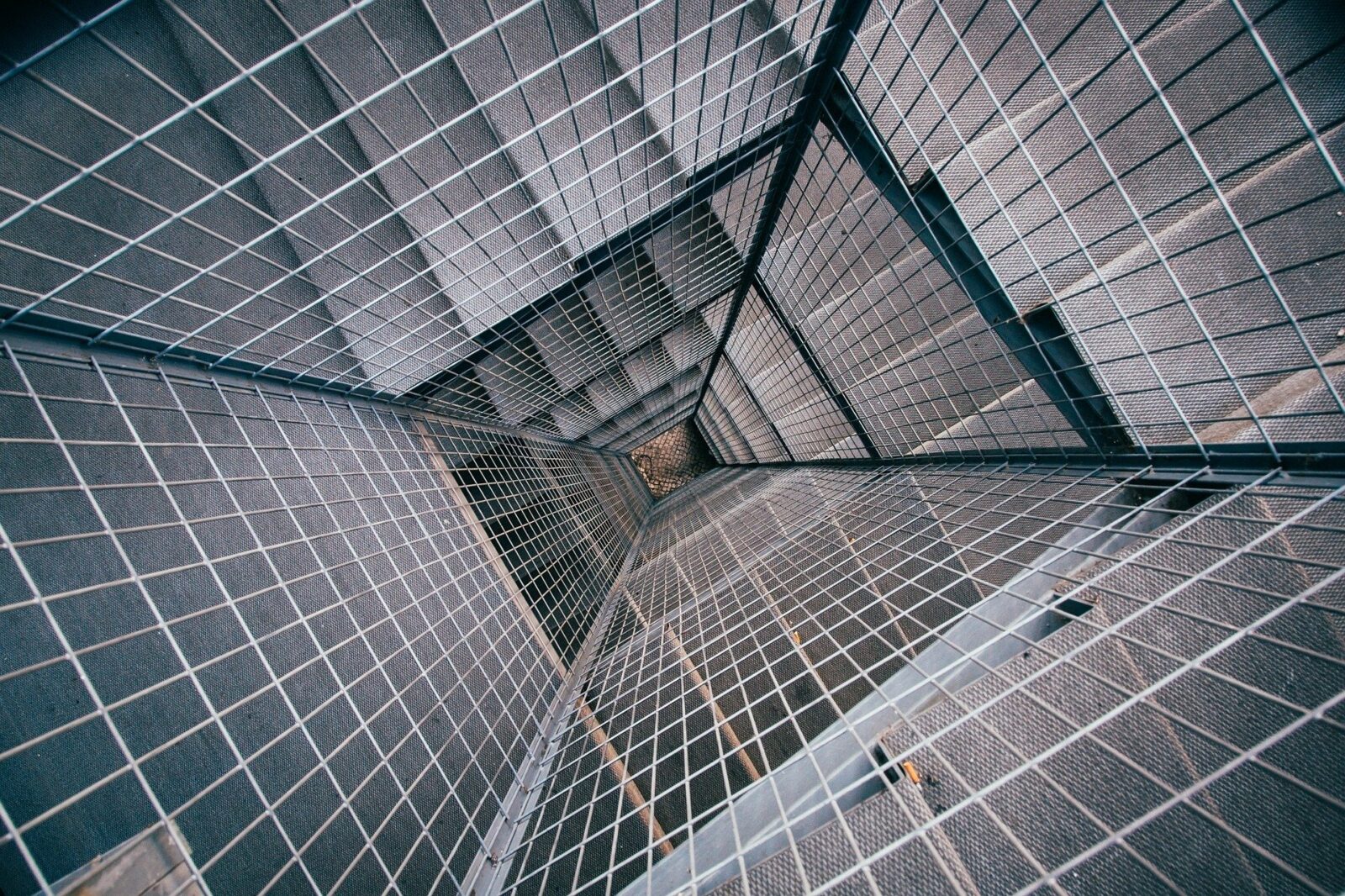Seminar Blogs
“Becoming Through Pedagogies – Anthony Nestel
In his book Transmedia Knowledge for Liberal Arts and Community Engagement: A Studiolab Manifesto (2019) Jon McKenzie advocates the remix of episteme – expert knowledge – and doxa – common knowledge – in order, in McKenzie words, “to open up the unknown within the known” (McKenzie 2019, 60). The encounter between these two forms of knowledge, according to Mckenzie, carries the potential to create new worlds and new types of knowledge. The place(s) – where such encounters occur – enables episteme and doxa to “shape one another” (McKenzie 2019, 59). It is through the encounter with something that is outside oneself (a sign in Deleuze’s words) that one is able to transform and become. But what entitles this individuation of episteme and doxa in such an encounter? In other words, what lies beneath the encounter which renders the transformation in the encounter possible? What is this unknown? An answer to this question can only be speculative, since such a force operates in what cannot be consciously thought of: human consciousness can only apprehend its effects.
Deleuze, following Nietzsche, calls this aforementioned force the “eternal return”. Deleuze finds in Nietzsche an explanation for the transcendental conditions of creative invention as it unfolds in the encounter/event. The eternal return, according to Deleuze, is that which explains difference. It is the return/repetition of difference within the encounter. He identifies the eternal return as the repetition of “difference-in-itself” and which allows/conditions the creative act in/following the encounter. He writes:
“[W]hat is produced, the absolutely in itself, is in turn nothing but repetition, the third repetition, this time by excess, the repetition of the future as eternal return” (Deleuze 1994, 121).
To think of this transformative force as the emergent principle of actual knowledges is exciting because it implies a perpetual excess for the invention of new knowledges/worlds. This is also, in my opinion, McKenzie’s motive with regard to his pedagogical endeavours/experimentations (McKenzie 2019). Thus, the difference in the encounter and what follows from the encounter is absolutely contingent and cannot be grasped beforehand. It is in this regard that Deleuze pushes us to experiment (Deleuze 1994). To experiment, for Deleuze, entails a doing and relating otherwise (one could identify a similar approach in McKenzie). Only by experimenting – breaking with habitual disciplinarian patterns – can one experience the full effects of the eternal return. This way of life, however, does not come with peacefulness. Deleuze reminds us that the one who continuously experiments requires the ability to endure forces under which any foundational structures would collapse (Deleuze 1994, 155-156). In other words, the experimenter is always in the process of becoming-other, in a continuous war with her sense of self – the I. The experimenter is continuously pushed into unknown world-creating acts.
References:
- Deleuze, Gilles. 1994. Difference and Repetition. New York: Columbia University Press.
- McKenzie, Jon. 2019. Transmedia Knowledge for Liberal Arts and Community Engagement: A StudioLab Manifesto. Cham: Springer Nature Switzerland AG.

